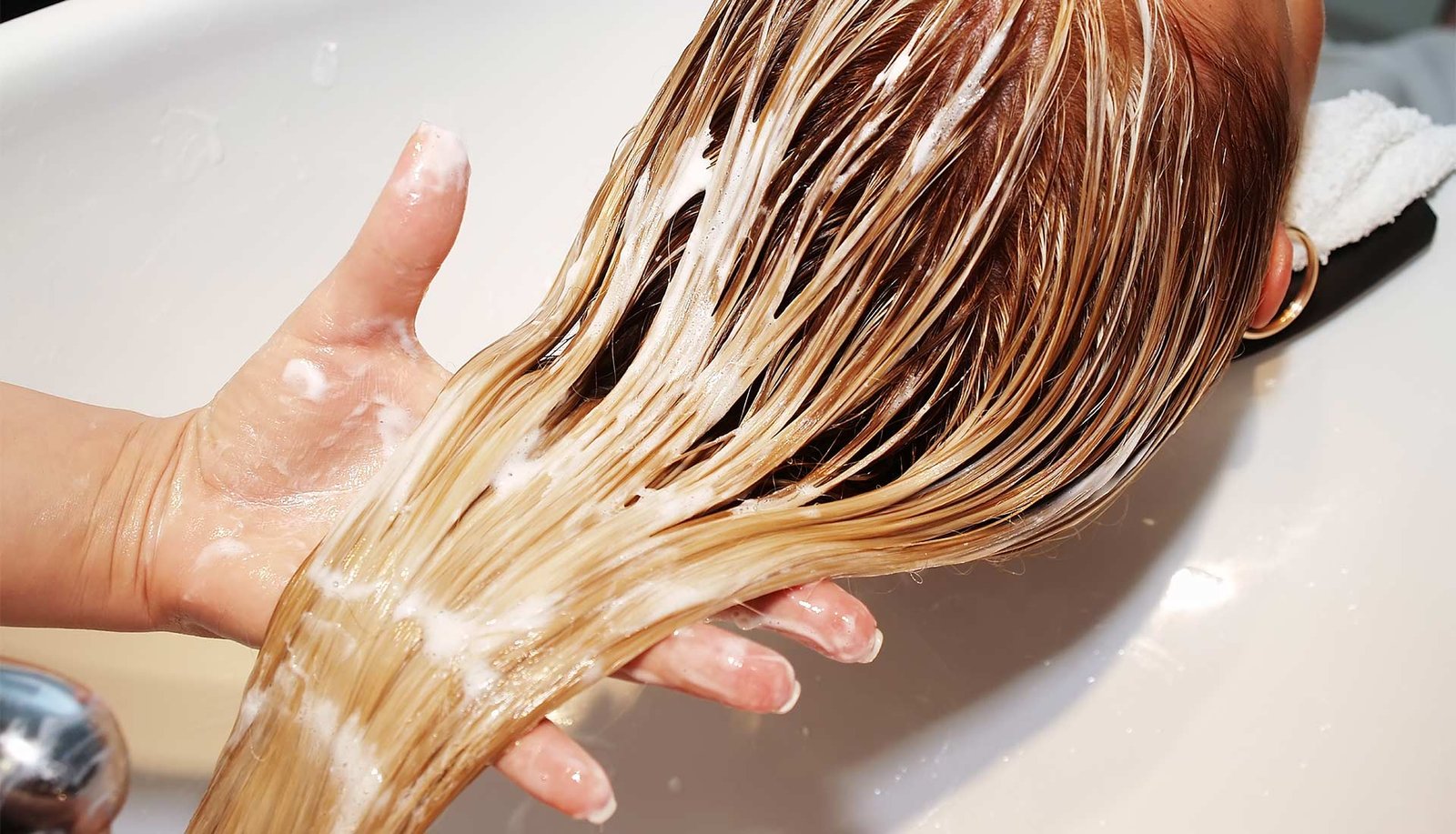Hair Loss and Hair Growth: How to Optimize Your Health and Rejuvenate Your Hair
Hair loss is common problem effecting both men and women. By the age of thirty-five, two-thirds of men experience thinning hair; by fifty 85% of all men experience significant hair thinning (source).
As WebMD notes, too, women account for a significant percentage of hair loss sufferers: up to 40% of all women forty and above experience “visible hair loss” (source).
Fortunately, most people can take pro-active measures (that actually work) to stop hair loss or even regrow hair–without resorting to pharmaceuticals (which may include significant side effects).
The key is managing what Sophia Kogan, a research physician who helped to develop the hair loss supplement, Nutrafol, calls the three variables of hair loss: stress, hormones, and inflammation (source).
While addressing these variables, a pro-active approach which includes a few choice supplements and all natural hair care products can make a visible difference.

Stress and Hair Loss
Your body produces the “stress hormone” cortisol to regulate a range of vital processes, including metabolism, circadian rhythm, and immunity.
We need cortisol, which is usually highest in the morning and decreases during the day, to perform our best. However, our modern lifestyle of constant stimulation, which includes a never-ending supply of blue light from screens and LED lights, may elevate our cortisol levels beyond healthy levels.
As the Bulletproof Blog notes: “Constantly high cortisol…causes a 40 percent drop in hyaluronic acid and proteoglycan synthesis, two compounds [that] protect your hair follicles and help them grow.”
The first line of defense against hair loss, then, is to naturally lower your cortisol levels, and your stress in general. Here are a few unconventional tips:
First, heed the advice of world renown circadian rhythm expert, Dr. Santchin Panda, who suggests a regime of time-restricted eating and reduced exposure to blue light during the evening. You may even want to invest in blue-light blocking glasses, which we’ve used with great success.
Second, if you’re interested in supplements, the adaptogenic herb, ashwagandha, reduces serum cortisol levels. (Ashwagandha is a key ingredient in Kogan’s supplement). If do you try this outstanding herb, just make sure you get the most bio-available form–KSM-66.
Finally, of course, conventional approaches work, too, including exercise, meditation, or relaxation treatments like massage.
Hormones and Hair Loss
DHT, a derivative of testosterone, is the hormone most commonly associated with hair loss in man and women. As the American Hair Loss Association notes:
“Testosterone converts to DHT with the aid of the enzyme Type II 5-alpha reductase, which is held in a hair follicle’s oil glands. Scientists now believe that it’s not the amount of circulating testosterone that’s the problem but the level of DHT binding to receptors in scalp follicles. DHT shrinks hair follicles, making it impossible for healthy hair to survive.”
The popular pharmaceutical drug, Finestaride (AKK: Propecia) is a DHT blocker, which explains it’s efficacy in stopping hair loss. However, this pharmaceutical does come with a host of side effects.
Natural options abound for optimizing hormones in both men and women, including stress reduction (sound familiar?), high intensity exercise, and a healthy diet with optimization of key nutrients, like vitamin D3 (with K2) and magnesium.
For a more specific approach to optimizing male hormones, check out Ben Greenfield’s advice here. For a more specific approach to optimizing female hormones, check out Dr. Sara Gottfried’s advice here.
Another consideration for hair loss is thyroid hormones, a concern for many people, both men and women. For a more specific approach to optimizing thyroid hormones, check out Dr. Mark Hyman’s “Six Steps to Heal Your Thyroid.”
Inflammation and Hair Loss
Chronic inflammation is implicated in the progression of most illnesses, though its connection to hair loss has not been extensively studied. That said, for many people simply reducing inflammation (which will reduce stress and balance hormone levels) can effectively reverse hair loss.
The best way to reduce inflammation is to eat an anti-inflammatory diet, with abundant vegetables, healthy fats like avocado, nuts, or fatty fish, collagen-rich organic bone broths, and copious herbs and spices, like turmeric or ginger, or rosemary or thyme.
You might also try high-quality supplements, like omega-3 fatty acids, curcumin, or one of our favorites beauty supplements, astaxanthin.
Natural Hair Care Products @ Barberella Salon
Of course, an emphasis on natural methods for re-growing hair should also emphasize natural hair care products, like those made by Davines.
Barberella Salon is a “Davines Concept Salon“–short hand for the promotion of beauty and health, what Davines calls the “good life for all, through beauty, ethics, and sustainability.”
Want to learn more about the best Davines products for your hair?
Call Barberella today: 215-643-4066. Or stop by the salon on Butler Avenue, in downtown Ambler.


